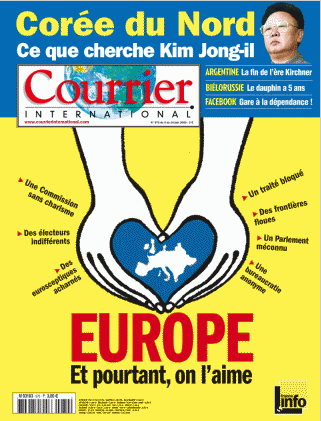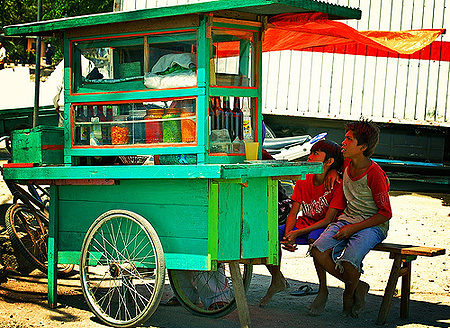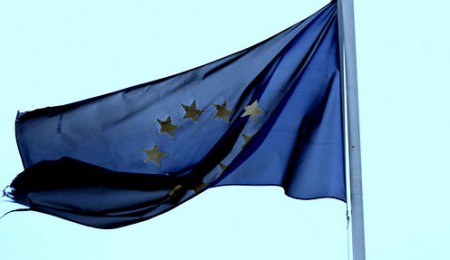The story of The New York Times journalist David Rohde’s escape from his captors in Afghanistan raises interesting questions about the role of the media in hostage takings. As has been widely reported, the major media outlets displayed a high level of solidarity by keeping mum about Rohde’s capture for 7 months. By resisting their natural urge to report the hostage taking of one of their peers, the international journalism corps honored the request of Rohde’s family and The New York Times not to make the story public.
Some commentators refer to this “media blackout” as a mere case of “professional courtesy.” They point out the double-standard of journalists seeming to be more concerned about a hostage’s safety when the victim is a member of their own profession. At the same time, they freely report on the hostage taking of aid workers, soldiers, or tourists.
The intriguing question here is, however, did this “media blackout” strategy work in Rohde’s case? We have no way of answering this question. After all, Rohde did not get released. He escaped his captors.




